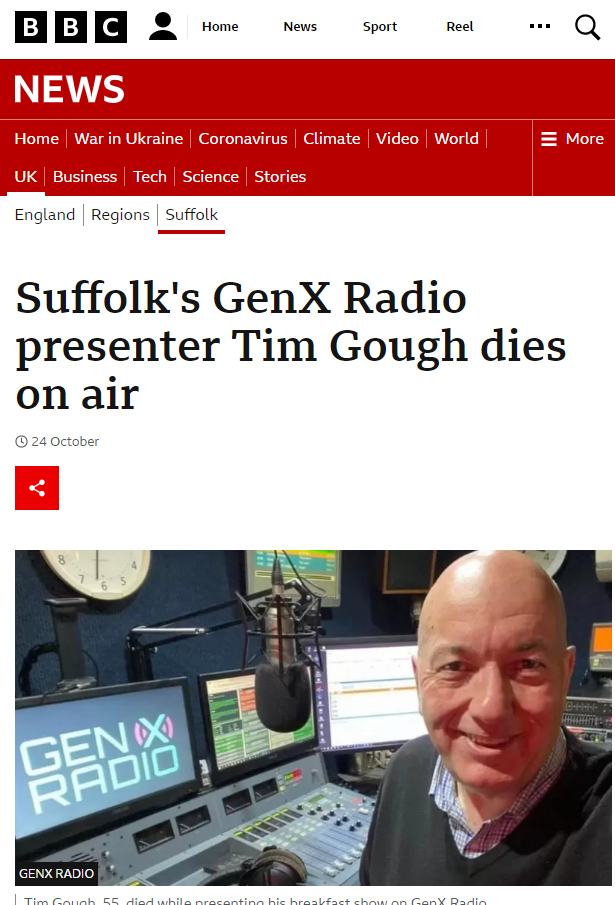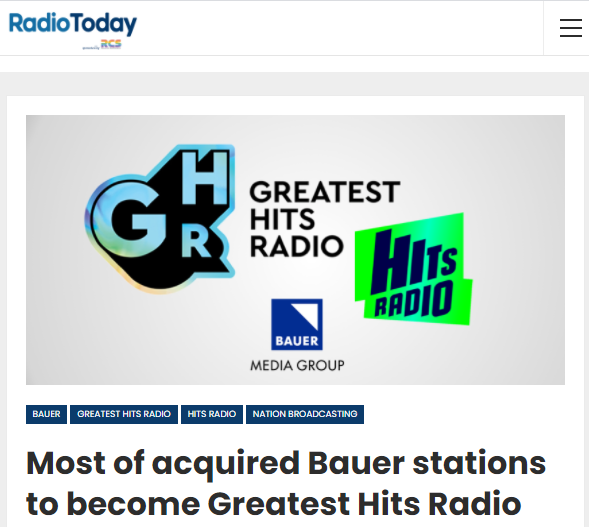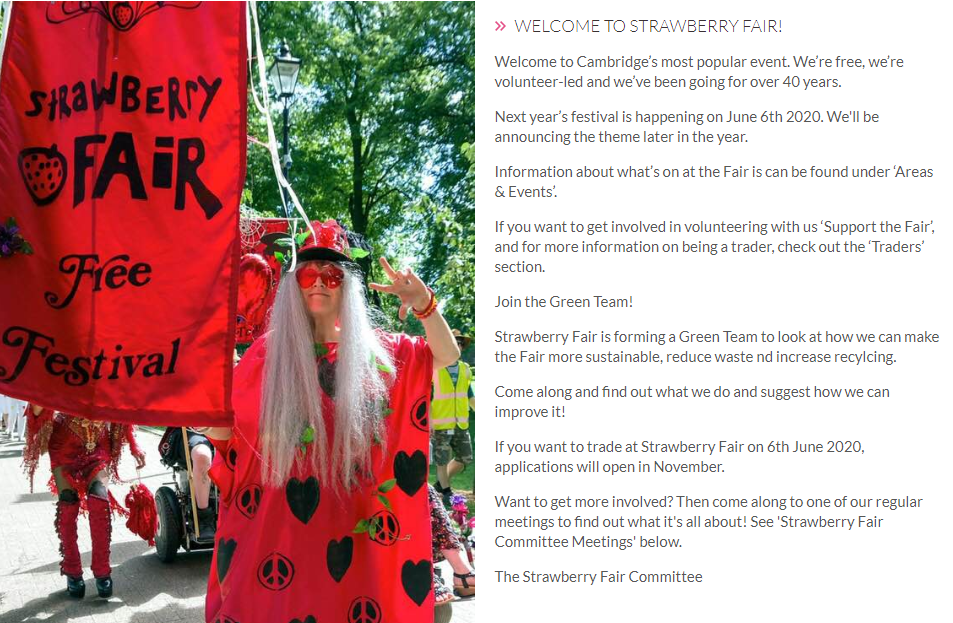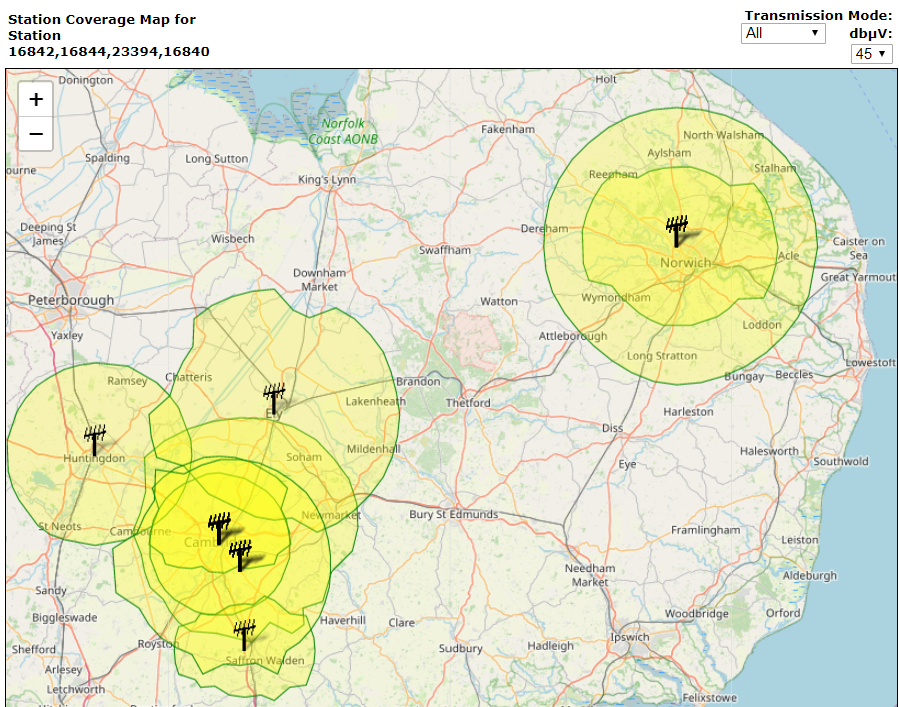
Source
It’s as good a day as any in Ipswich, a Suffolk town where GenX Radio is based, a web station that within a year has been so successful that it has taken the leap into the airwaves, submitting an application to Ofcom to open a DAB channel (the authorisation will come a few days after Tim’s death). Even though it has no competition, because it is the only commercial station in the region, it needs to upgrade its palimpsest in order to land in the digital band. So it recruited a veteran of the airwaves for its most important programme: the breakfast slot, which between 6am and 9am takes listeners from waking up to resuming their activities. And Tim Gough is an exceptional presenter: he has decades in the business behind him and, above all, began his career in 1986 at Radio Orwell, a station based in Ipswich (transmitted on 1170 kHz on medium wave and 97.1 MHz on FM).
A morning like any other

Source
The sun rose at 7.37am. The sky is grey but not cold, it’s 13 degrees. It’s Monday, a new week begins and it’s time to get the energy going. Tim is happy. These are the first broadcasts he is conducting after ten years away from the microphones. He lives 30 km from the station and to avoid travelling to the studios before dawn he has equipped himself at home. He has been on the air for almost an hour when he plays Grey Day by Madness, a ska group that in 1981 with this song parodied a grey morning like that, but in which you still have to get up and drag yourself like zombies to the office after a night of revelry.
Suddenly the music stops

Source
Grey Day is a track full of energy, evoking for Tim the years when he took his first steps at Radio Orwell, in 1986, and he thinks it’s the right push to face a new cloudy week. But shortly afterwards, at 7.50, the music suddenly stops: Tim is taken ill, probably from a heart attack. The ambulance arrived and the paramedics tried to revive him, but after 25 minutes of effort, they had to throw in the towel. Tim left live. As soon as the news spreads, the emails start arriving: hundreds of messages of love. After all, Tim is a well-known personality: after his debut on Radio Orwell in 1986, he became a specialist in morning host. He moved on to Saxon Radio and SGR-FM and made appearances on Smooth Radio, several stations in the East Midlands and other national radio stations. The BBC article collects several testimonials from former colleagues, who agree that he is a friendly, funny and very talented guy. (Written by Fabrizio Carnevalini)












